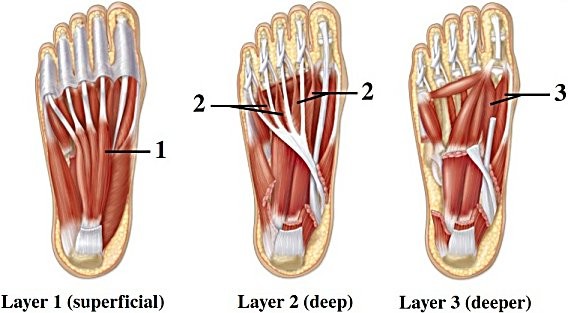A person with a damaged visual association area may be
A) unable to see rows of letters.
B) declared legally blind.
C) unable to recognize letters but able to identify whole words and their meanings.
D) able to see letters but unable to associate them into words.
E) unable to understand spoken words.
Answer: D
You might also like to view...
Which type of movement is permitted at the radiocarpal joint?
A. sagittal plane motion B. circumduction C. frontal plane motion D. all of the above
The salivary glands are composed of which two types of secretory cells?
A) goblet cells and squamous epithelial cells B) parietal cells and glial cells C) serous cells and mucous cells D) cuboidal epithelium and ciliated columnar cells
An experiment is done to measure the uptake of an amino acid into a cell. The following data are obtained
If Na+ is removed from the extracellular bathing solution, or a drug is added that prevents the cell from making ATP, the uptake of amino acid into the cell is markedly reduced. Based on this information which of the following mechanisms is likely responsible for the transport of the amino acid into the cell? A. passive diffusion through the lipid bilayer B. uniporter C. transport ATPase D. Na+ symporter E. Na+ antiporter
 These figures show the intrinsic muscles of the right foot. What muscle or group does number 1 indicate?
These figures show the intrinsic muscles of the right foot. What muscle or group does number 1 indicate?
A. Abductor hallucis B. Interossei C. Abductor digiti minimi D. Lumbricals E. Flexor digitorum brevis